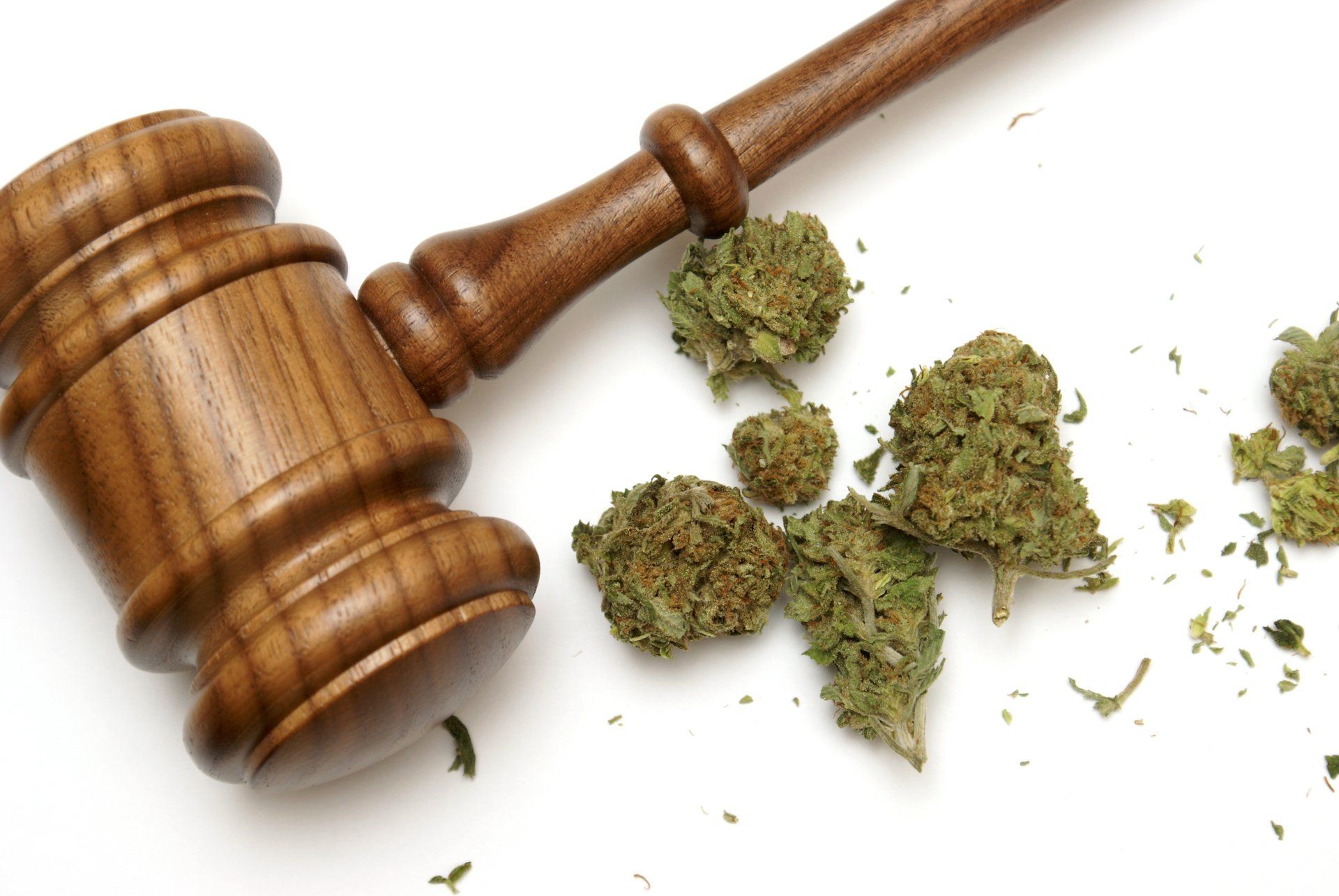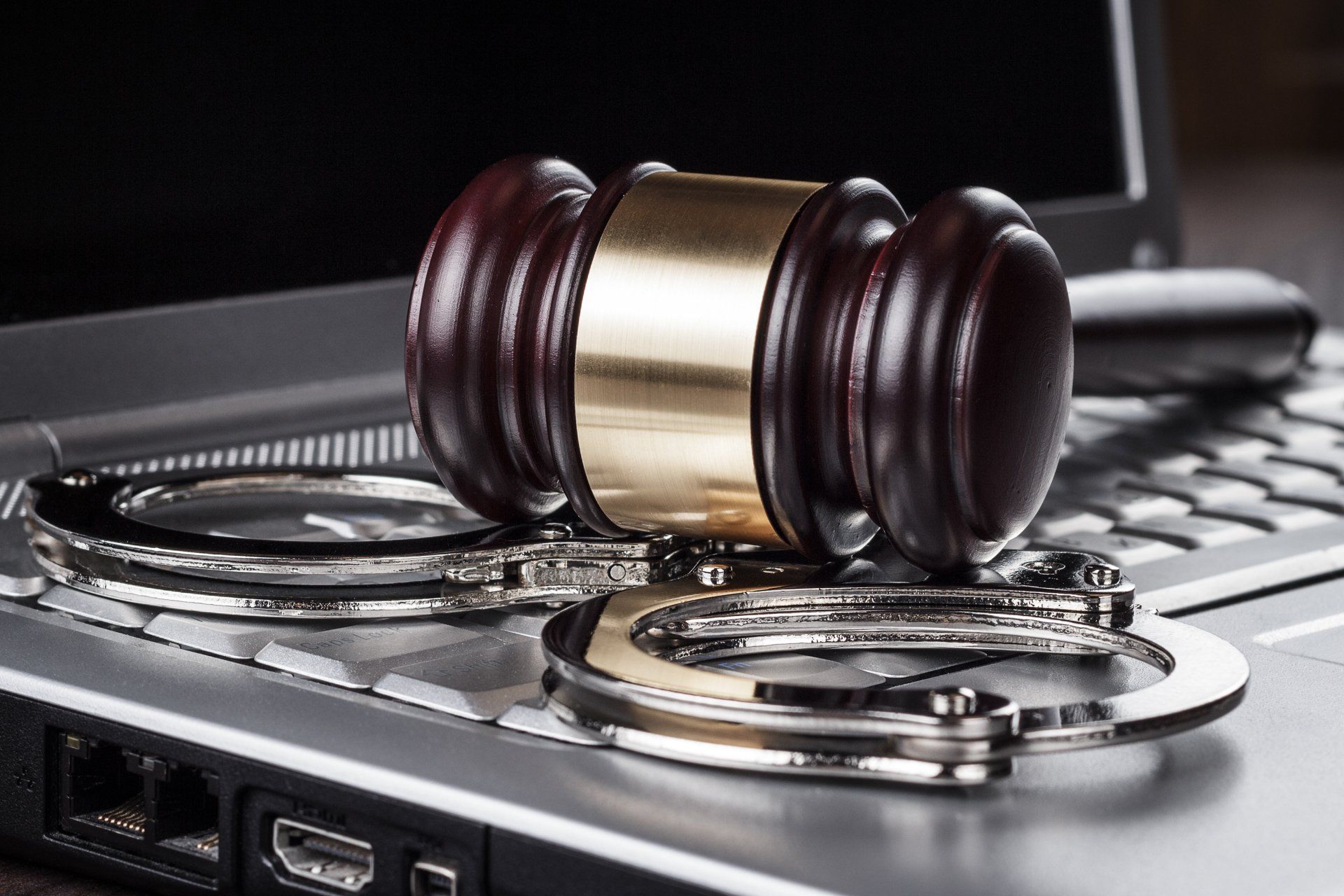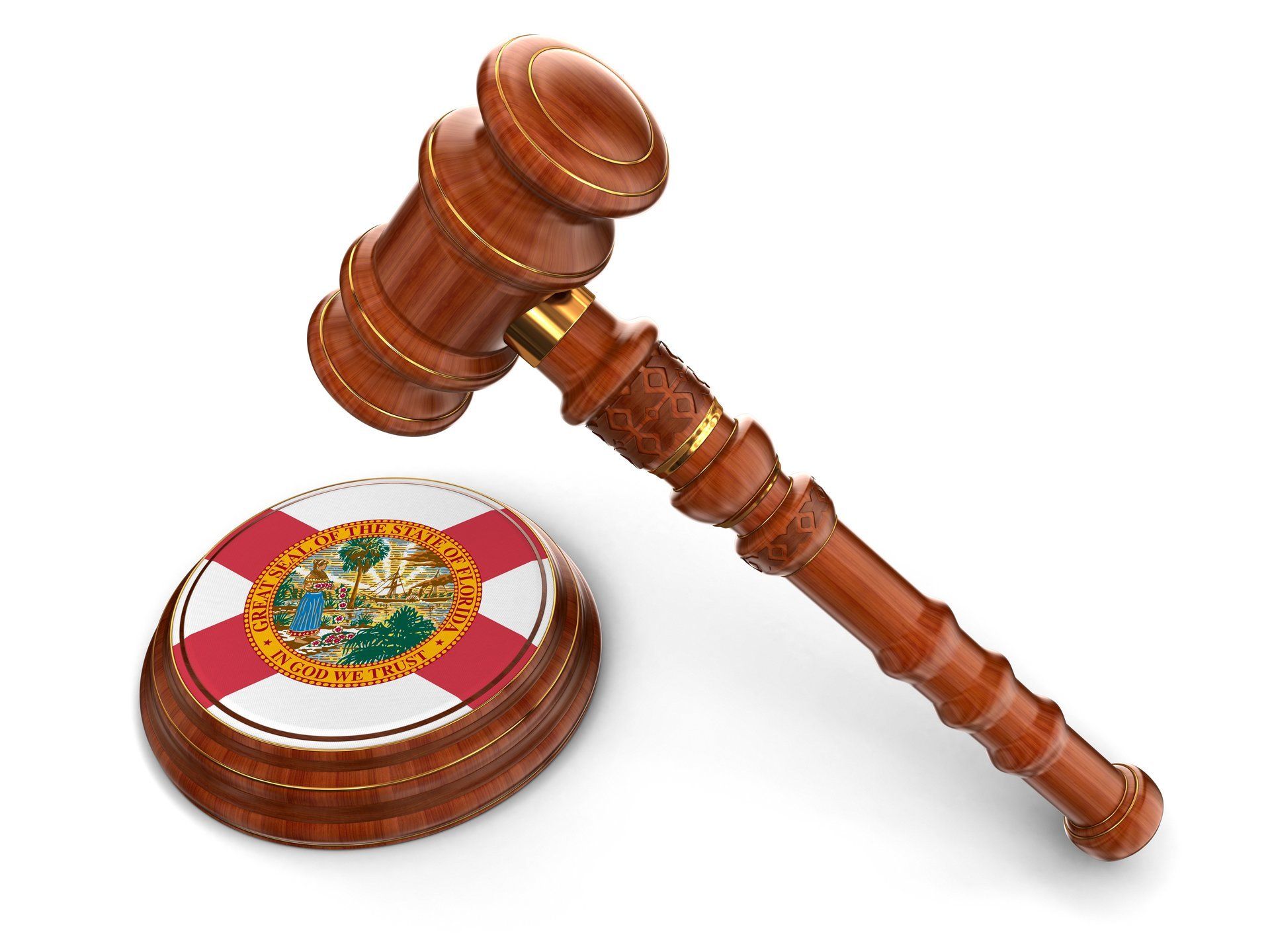Broward County Finally Taking a Proactive Approach Regarding The Decriminalization of Possession of Small Quantities of Marijuana
- By Antonio D. Quinn, Esq.
- •
- 11 Feb, 2021
- •
Long Awaited Changes to Marijuana Prosecutions in Broward County

The State Attorney's Office is finally implementing long awaited changes to how marijuana possession cases are prosecuted in Broward County. The new policy appears to mean that cases involving possession of a small amount of marijuana in Broward County will no longer be prosecuted by the State Attorney's Office. Policy changes to how marijuana possession cases are handled has already been implemented in a number of jurisdictions in the State of Florida, including Miami/Dade and Palm Beach counties. Due in part, to its history as a point of entry for international drug smuggling, Florida has been hesitant to follow other state's leads when it comes to taking a progressive view towards marijuana and drug possession cases. It literally shocks the conscience that under Florida law, a person can face arrest and the life long consequences associated with having a criminal conviction for possessing a plant that is legal for recreational possession and consumption in 11 states in the country. In November of 2016, the voters voted by a 71% majority to legalize marijuana for medicinal purposes in Florida beginning in July of 2017, however possession of marijuana for recreational purposes remains a crime under Florida law at this time. A petition was circulated prior to the last election seeking to give voters the opportunity to vote on legalizing recreational marijuana on the November 2020 ballot, however not enough signatures were gathered in order to have the proposed legislation placed on the ballot. Under current law in Florida, possession of under 20 grams of marijuana is treated as a misdemeanor where a person faces a maximum sentence of 1 year in the county jail along with the collateral consequences of a criminal conviction. Possession of over 20 grams of marijuana is treated as a felony in Florida where a person could face up to 5 years in Florida State Prison or possibly even more depending upon the quantity. A conviction for felony possession of marijuana also triggers a 2 year automatic driver's license suspension and all of the collateral consequences that come along with being a convicted felon.
While the State legislature has been slow to act, many Florida jurisdictions have taken a proactive and progressive approach towards decriminalizing possession of small quantities of marijuana. In the past, getting arrested for possession of marijuana in Florida often leads to a slippery slope which have had life long consequences on countless defendants. For example, if a person is arrested for the first time on a misdemeanor marijuana charge in Florida, the offer from the State Attorney's Office in the past has been in most cases to allow the defendant to resolve their case to a withhold of adjudication and period of probation along with the payment of court costs and the cost of prosecution. Now if that person later violates probation by say testing positive for marijuana on a drug test, their probation can be revoked and they can be sentenced to time in the County jail and the withhold of adjudication can be be converted to a conviction. A conviction of either a misdemeanor of a felony in Florida means that the case cannot be expunged or sealed meaning that the individual will have that criminal conviction follow them for the rest of their lives any time that they apply for housing, employment etc. A person with a criminal conviction will inevitably have a harder time finding employment which may very well result in that person turning to a life of crime in order to support themselves or their family. In short, a marijuana conviction in Florida can have consequences that can essentially ruin a person's life. This is the case under Florida law while all the while you are free to possess marijuana for personal use in a growing number of states in the country.
The laws as well as the general public's attitudes towards possession of marijuana for personal recreational use has been shifting dramatically in the Unites States for the last decade. In recognition of the fact that the State's resources are better utilized in order to fight serious crimes, the Broward State Attorney's Office under the direction of the newly elected Harold Pryor has implemented policy changes targeted at handling misdemeanor marijuana possession cases in non-criminal manner. In a memo to Broward County law enforcement agencies and police chiefs, State Attorney Pryor cites to the fact that prosecuting marijuana possession cases has no public safety value, is costly and is a counterproductive use of limited county resources. The policy changes regarding the prosecution of marijuana possession cases has been made by the State Attorney's office in recognition of the time, costs and resources involved in testing evidence and in prosecution of those cases.
Being a Broward County criminal defense attorney and marijuana possession attorney myself, I was recently quoted in the Sun Sentinel by writer Rafael Olmeda as stating that "As a citizen of the United States and as a student of the Constitution that I do support the new policy". I have never believed that any adult or child should face the prospect of having their life altered as a consequence of possessing a small amount of marijuana for recreational use. One pervasive problem in the past with the way that marijuana laws have been applied by the police has been the fact that the purported smell of marijuana has been utilized as a means of bypassing an individual's 4th amendment rights to be free from unreasonable search and seizure. In the past, the smell of marijuana has been used by police agencies to justify a search of an individual's vehicle or person that would otherwise be impermissable under Constitutional standards. Further, there have been studies performed which have observed racial disparities regarding marijuana arrests. A 2020 study by the American Civil Liberties Union concluded that "black people are 3.64 times more likely than white people to be arrested for marijuana possession notwithstanding comparable usage rates". The study found that in every single state in the country that black people were more likely to be arrested for marijuana possession than white people and that in some states that black people were up to 10 times more likely to be arrested for marijuana possession.
The move by the State Attorney's Office in Broward County appears to indicate that small amount marijuana possession cases will no longer be prosecuted in Broward County. In the memo sent out to Broward County law enforcement agencies and police chiefs, the State Attorney's Office has recommended that in lieu of making an arrest that law enforcement officers should use their discretion which can include referring adult marijuana possession cases to diversion programs or issuing a civil citation. With regard to juvenile cases, law enforcement has been directed to continue to offer diversion programs which in an effort to discourage drug use "with a focus on substance abuse education and rehabilitation. How these policies are implemented by local police agencies is yet to be seen, but hopefully, the police will follow Mr. Pryor's recommendations and utilize their resources to fight serious crime instead of expending them for the purpose of ruining people's lives over the personal use of marijuana.
If you or someone that you care about has been arrested for possession of marijuana in Broward County, I can be contacted at (954) 463-0440 and my office does offer free consultations if you would like to discuss your individual case.
While the State legislature has been slow to act, many Florida jurisdictions have taken a proactive and progressive approach towards decriminalizing possession of small quantities of marijuana. In the past, getting arrested for possession of marijuana in Florida often leads to a slippery slope which have had life long consequences on countless defendants. For example, if a person is arrested for the first time on a misdemeanor marijuana charge in Florida, the offer from the State Attorney's Office in the past has been in most cases to allow the defendant to resolve their case to a withhold of adjudication and period of probation along with the payment of court costs and the cost of prosecution. Now if that person later violates probation by say testing positive for marijuana on a drug test, their probation can be revoked and they can be sentenced to time in the County jail and the withhold of adjudication can be be converted to a conviction. A conviction of either a misdemeanor of a felony in Florida means that the case cannot be expunged or sealed meaning that the individual will have that criminal conviction follow them for the rest of their lives any time that they apply for housing, employment etc. A person with a criminal conviction will inevitably have a harder time finding employment which may very well result in that person turning to a life of crime in order to support themselves or their family. In short, a marijuana conviction in Florida can have consequences that can essentially ruin a person's life. This is the case under Florida law while all the while you are free to possess marijuana for personal use in a growing number of states in the country.
The laws as well as the general public's attitudes towards possession of marijuana for personal recreational use has been shifting dramatically in the Unites States for the last decade. In recognition of the fact that the State's resources are better utilized in order to fight serious crimes, the Broward State Attorney's Office under the direction of the newly elected Harold Pryor has implemented policy changes targeted at handling misdemeanor marijuana possession cases in non-criminal manner. In a memo to Broward County law enforcement agencies and police chiefs, State Attorney Pryor cites to the fact that prosecuting marijuana possession cases has no public safety value, is costly and is a counterproductive use of limited county resources. The policy changes regarding the prosecution of marijuana possession cases has been made by the State Attorney's office in recognition of the time, costs and resources involved in testing evidence and in prosecution of those cases.
Being a Broward County criminal defense attorney and marijuana possession attorney myself, I was recently quoted in the Sun Sentinel by writer Rafael Olmeda as stating that "As a citizen of the United States and as a student of the Constitution that I do support the new policy". I have never believed that any adult or child should face the prospect of having their life altered as a consequence of possessing a small amount of marijuana for recreational use. One pervasive problem in the past with the way that marijuana laws have been applied by the police has been the fact that the purported smell of marijuana has been utilized as a means of bypassing an individual's 4th amendment rights to be free from unreasonable search and seizure. In the past, the smell of marijuana has been used by police agencies to justify a search of an individual's vehicle or person that would otherwise be impermissable under Constitutional standards. Further, there have been studies performed which have observed racial disparities regarding marijuana arrests. A 2020 study by the American Civil Liberties Union concluded that "black people are 3.64 times more likely than white people to be arrested for marijuana possession notwithstanding comparable usage rates". The study found that in every single state in the country that black people were more likely to be arrested for marijuana possession than white people and that in some states that black people were up to 10 times more likely to be arrested for marijuana possession.
The move by the State Attorney's Office in Broward County appears to indicate that small amount marijuana possession cases will no longer be prosecuted in Broward County. In the memo sent out to Broward County law enforcement agencies and police chiefs, the State Attorney's Office has recommended that in lieu of making an arrest that law enforcement officers should use their discretion which can include referring adult marijuana possession cases to diversion programs or issuing a civil citation. With regard to juvenile cases, law enforcement has been directed to continue to offer diversion programs which in an effort to discourage drug use "with a focus on substance abuse education and rehabilitation. How these policies are implemented by local police agencies is yet to be seen, but hopefully, the police will follow Mr. Pryor's recommendations and utilize their resources to fight serious crime instead of expending them for the purpose of ruining people's lives over the personal use of marijuana.
If you or someone that you care about has been arrested for possession of marijuana in Broward County, I can be contacted at (954) 463-0440 and my office does offer free consultations if you would like to discuss your individual case.




